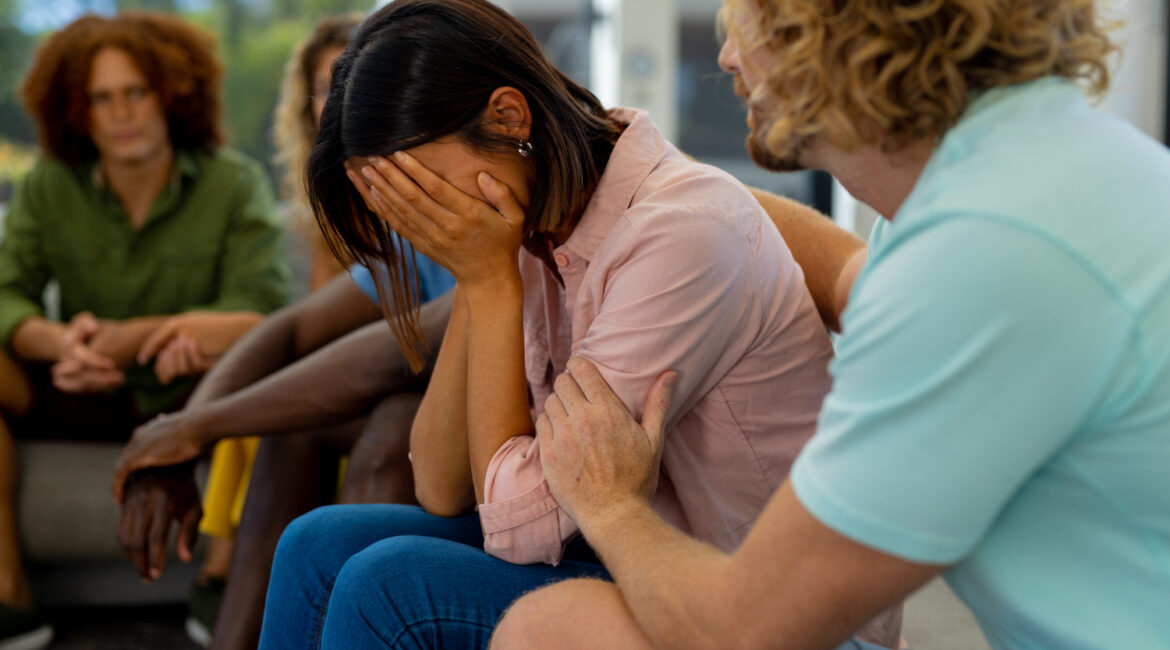The Unique Challenges Faced by Veterans
Veterans returning home from service encounter unique challenges that go beyond the physical injuries one might expect from combat environments. Invisible wounds, such as mental health issues, are far more common among returning soldiers. Conditions like post-traumatic stress disorder (PTSD), depression, and anxiety are frequently observed in those who have experienced prolonged deployment or intense combat scenarios. These psychological issues can lead to substance use disorders (SUD), with many veterans turning to drugs or alcohol as coping mechanisms for their trauma.
Understanding Trauma and PTSD in Veterans
Veterans experience trauma at higher rates than the general population. This trauma often stems from combat, military sexual assaults, and the constant threat of danger. These experiences can lead to chronic stress and permanent changes in brain chemistry and function. Veterans may use alcohol or drugs to self-medicate and alleviate PTSD symptoms, such as hypervigilance, nightmares, and anxiety. While this coping mechanism might provide temporary relief, it can lead to addiction, exacerbating the problems over time.
The Impact on Mental Health
The combination of PTSD and addiction severely impacts a veteran’s mental health, leading to worsened depression, increased anxiety, and a higher risk of suicide. Substance use as a coping strategy can worsen PTSD symptoms, leading to a deteriorating mental health condition that requires comprehensive treatment.
Statistics on Veterans, Trauma, and Addiction
Approximately 11% of veterans seeking initial care meet the criteria for a substance use disorder. The link between PTSD and SUD is particularly concerning, with 63% of recent Iraq and Afghanistan veterans diagnosed with SUD also meeting the criteria for PTSD. This dual diagnosis complicates the challenges faced by veterans, often resulting in poorer treatment outcomes.
Alcohol misuse is prevalent among veterans, with higher instances of heavy drinking compared to non-veterans. Over 56% of veterans reported alcohol use in a one-month period, and about 11% of those seeking treatment were driven by heroin addiction. These behaviors are often linked to deployment stressors, such as separation from loved ones, exposure to life-threatening situations, and the pressure of difficult missions.
Addressing the Needs of Veterans in South Africa
Recognizing the Signs of PTSD and Addiction
Family members can play a crucial role in recognizing the signs of PTSD and addiction in veterans. Key indicators include:
- PTSD Symptoms: Flashbacks, nightmares, severe anxiety, and uncontrollable thoughts about the traumatic event.
- Addiction Symptoms: Increased tolerance to alcohol or drugs, withdrawal symptoms, neglect of responsibilities, and continued use despite negative consequences.
Providing Support
Support from family is essential in the recovery process. Here are ways to help:
- Encourage Professional Help: Prompt your loved one to seek professional counseling or therapy. Mental health professionals can provide the necessary support to address PTSD and addiction.
- Create a Supportive Environment: Foster a safe and understanding home environment. Reduce stressors and provide emotional support.
- Promote Healthy Coping Mechanisms: Encourage activities that can serve as healthy outlets for stress, such as exercise, hobbies, and social engagement.
- Stay Informed: Educate yourself about PTSD and addiction to better understand what your loved one is going through.
Community and Government Support
In South Africa, several community and government resources are available to support veterans:
- Veterans’ Associations: Organizations that offer support services tailored to veterans’ needs, including mental health counseling and addiction treatment.
- Government Programs: Initiatives designed to assist veterans in accessing healthcare, housing, and financial aid.
The Path to Recovery
Recovery from PTSD and addiction is a long-term process that requires commitment and support. Here are steps that can aid in recovery:
- Seek Comprehensive Treatment: Integrated treatment programs that address both PTSD and addiction are crucial for effective recovery.
- Engage in Therapy: Therapies such as cognitive-behavioral therapy (CBT) and trauma-focused therapy can help veterans process their trauma and develop healthier coping mechanisms.
- Build a Support Network: Encourage your loved one to connect with other veterans who understand their experiences. Support groups can provide a sense of community and shared understanding.
- Focus on Physical Health: Regular exercise and a healthy diet can improve overall well-being and reduce symptoms of PTSD and addiction.
- Establish Routine and Goals: Help your loved one set achievable goals and establish a daily routine, which can provide structure and a sense of purpose.
Veterans face unique challenges that can lead to PTSD and addiction. Understanding these challenges and providing the right support is crucial for their recovery. In South Africa, leveraging community resources, fostering a supportive environment, and promoting healthy coping mechanisms can make a significant difference in helping veterans heal their invisible wounds and achieve lasting recovery.

